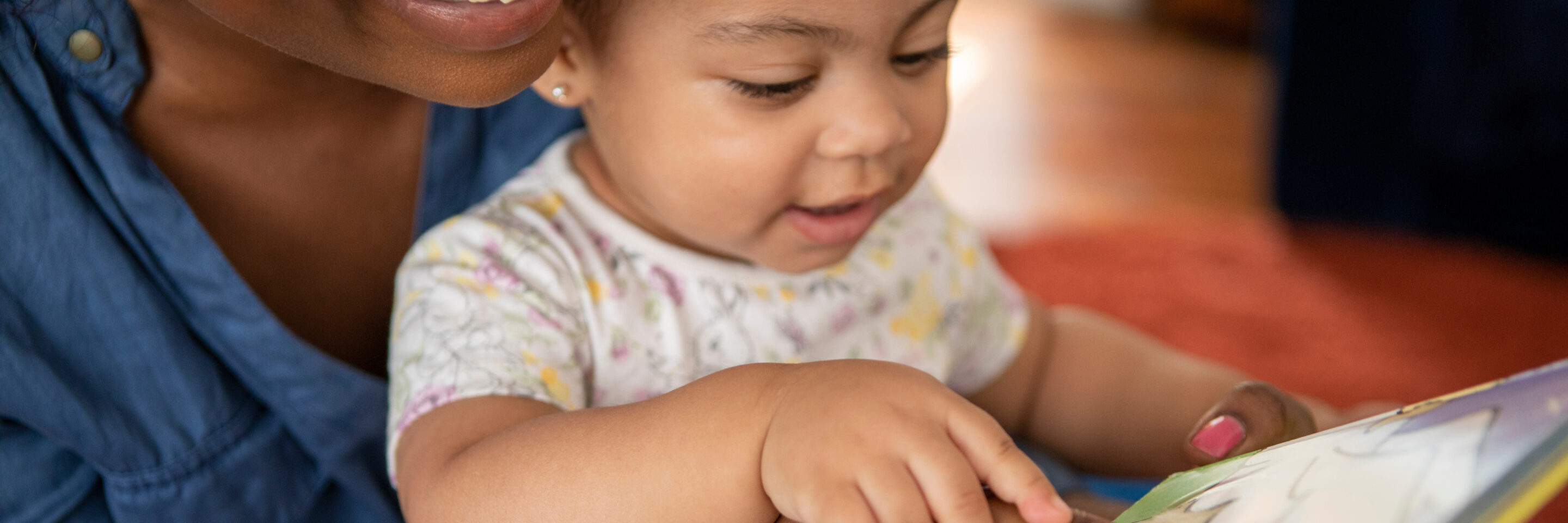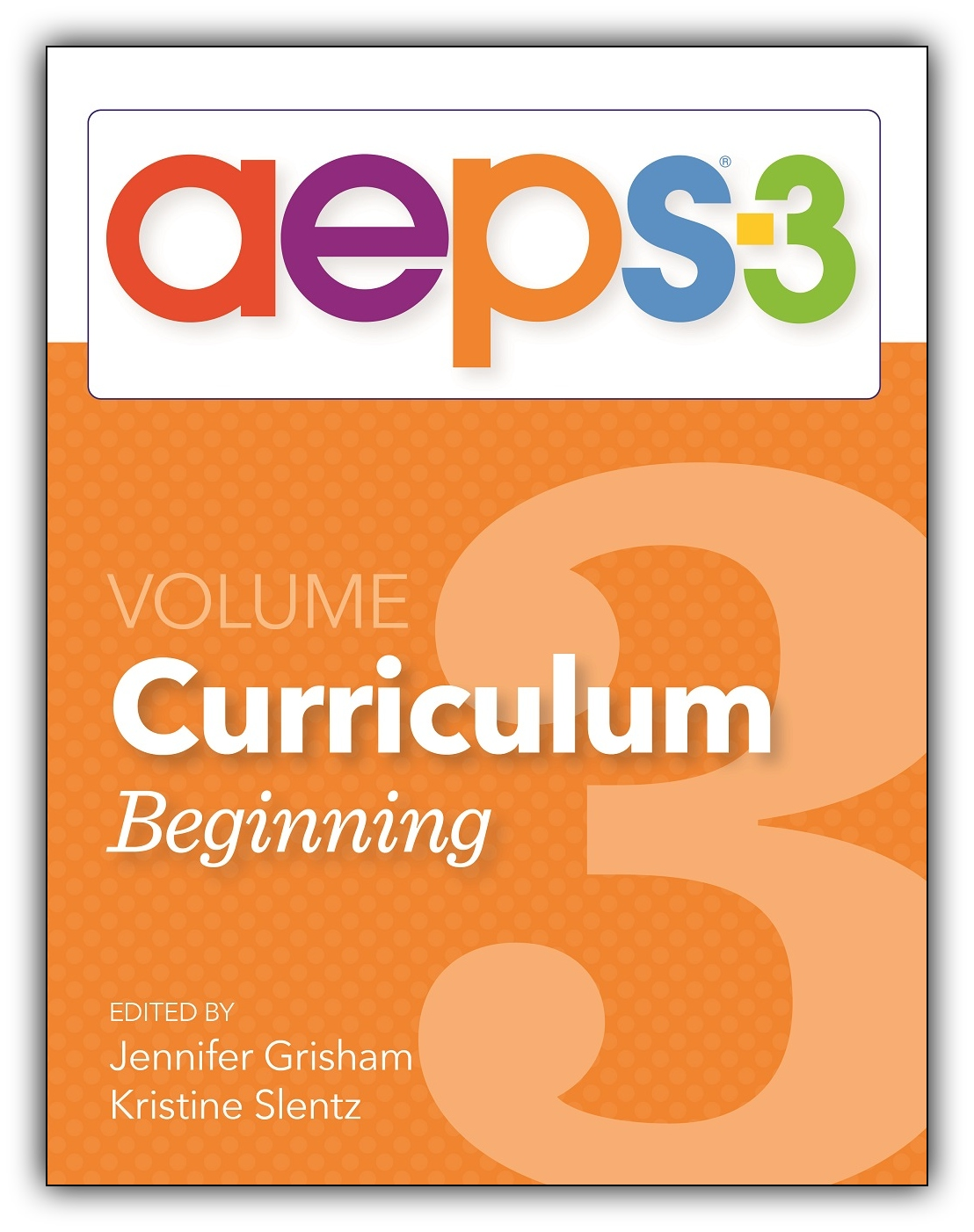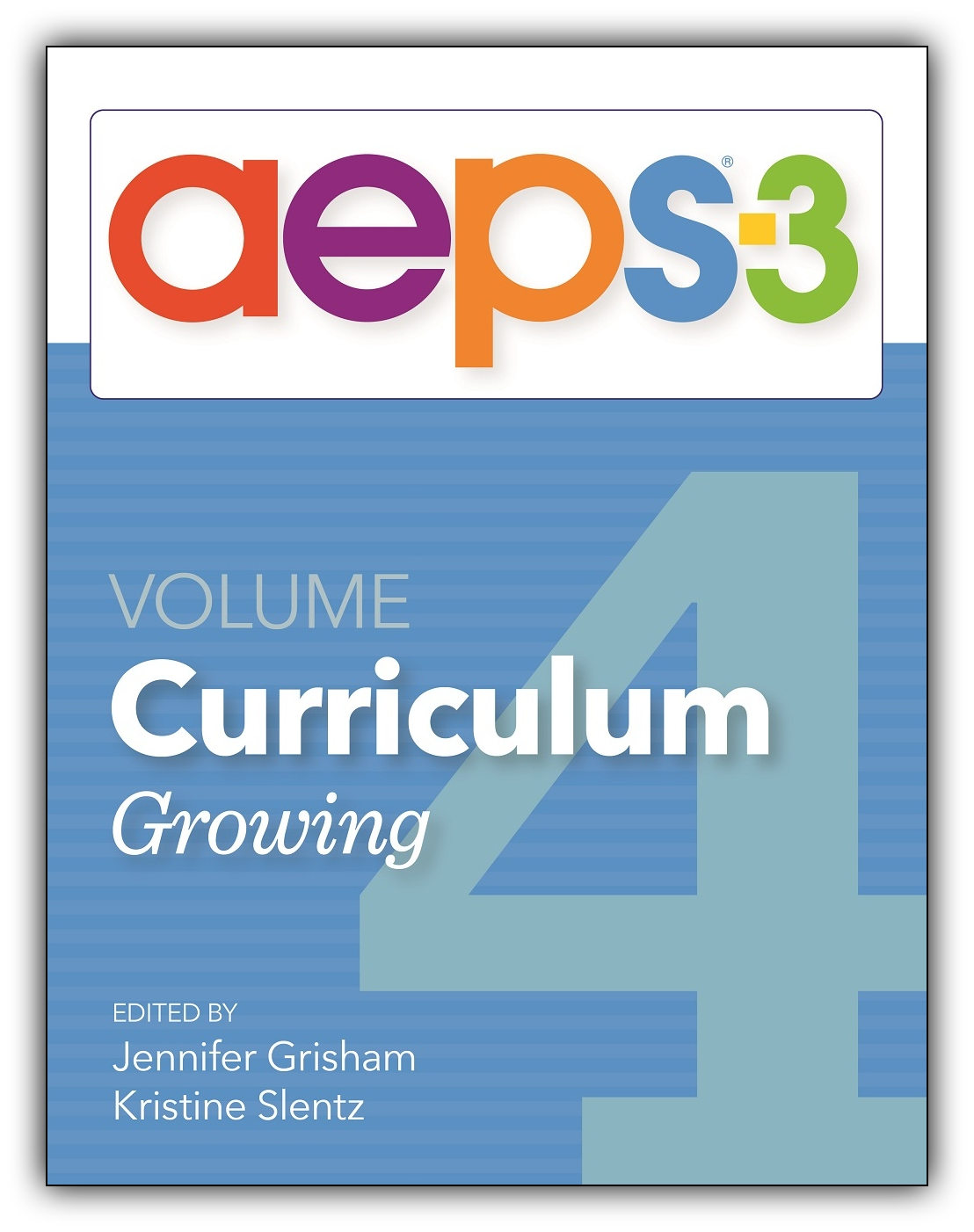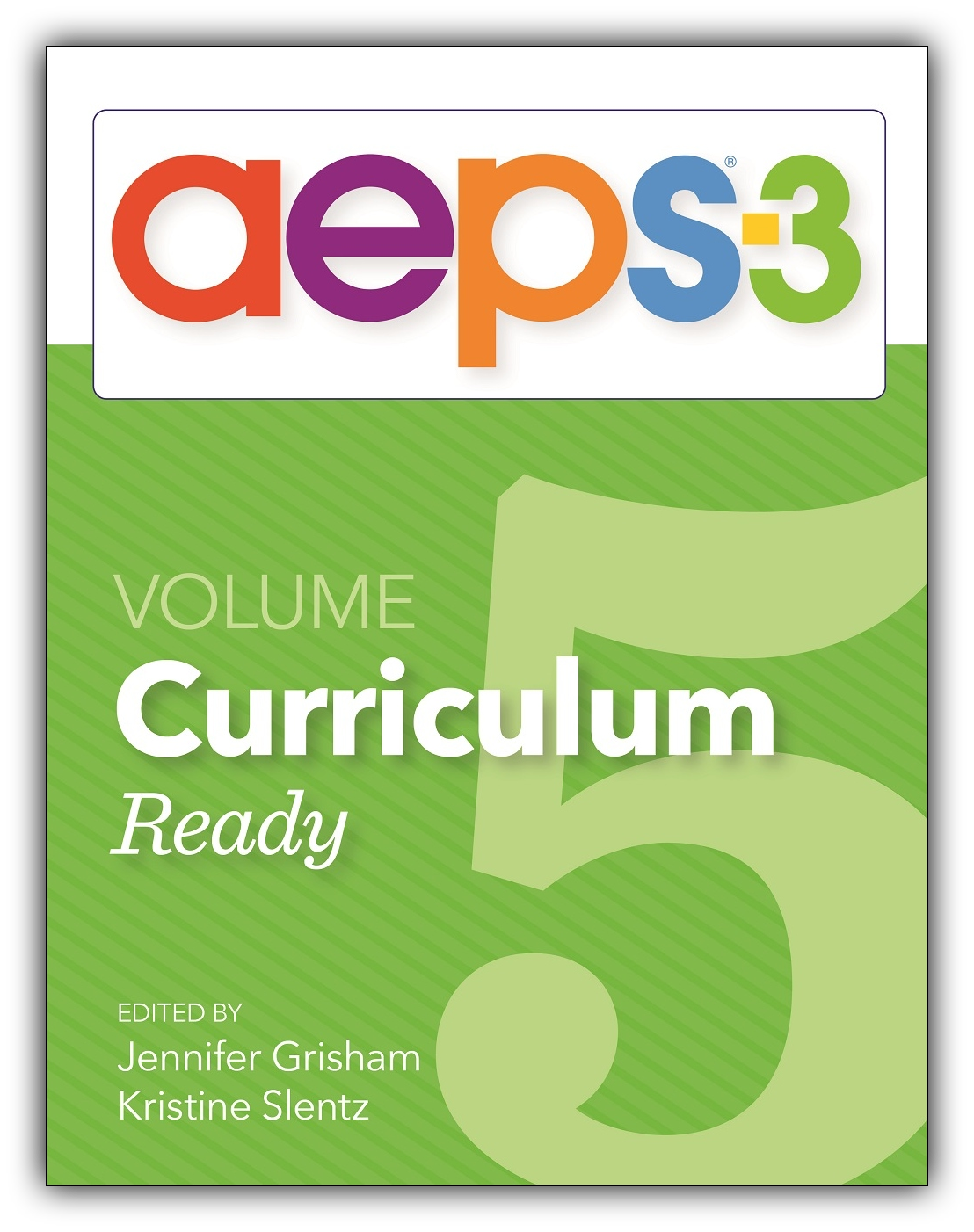How AEPS-3 Supports Literacy Development in Young Children
PublishedThe third edition of AEPS offers exciting additions to support emergent literacy skills in young children. Get the details in this Q&A with AEPS®-3 coauthor Marisa Macy, Ph.D., a University of Wyoming professor and expert on early childhood special education and early intervention.
Q. I’ve been using AEPS for many years. I heard AEPS-3 includes an area on literacy. Is that true?
A. Yes. The third edition of AEPS includes an area devoted to literacy, plus another new area on math. These newly developed literacy and math areas of AEPS-3 are aligned with early childhood state standards in all 50 states and U.S. territories. View the alignments to see how the early learning guidelines in your state align with the areas, strands, goals, and objectives of AEPS-3.
Q. How can AEPS-3 be used to support literacy development in young children?
A. AEPS-3 is a curriculum-based assessment for children from birth to age six. The assessment part of AEPS-3 can be used to assess children’s emergent literacy skills. Below are two images that show the literacy area of the AEPS-3 Child Observation Data Form (CODF) in English and Spanish.
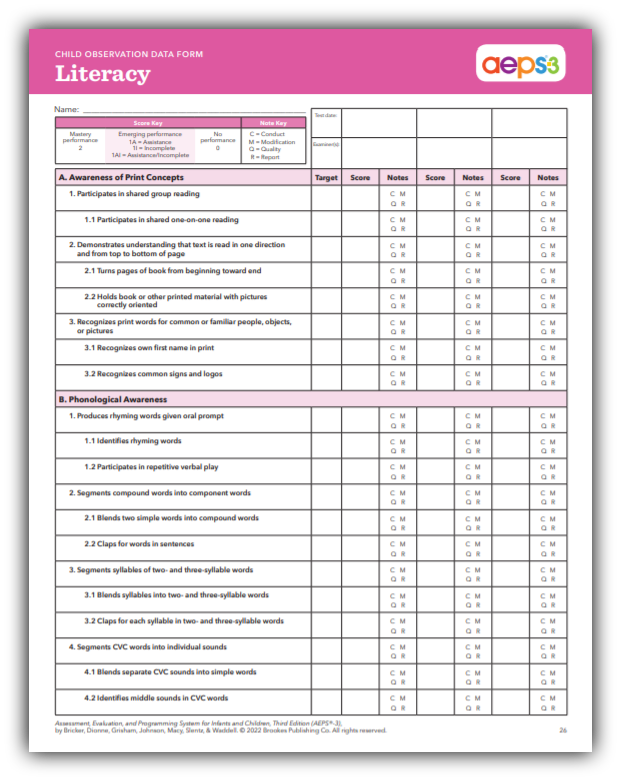
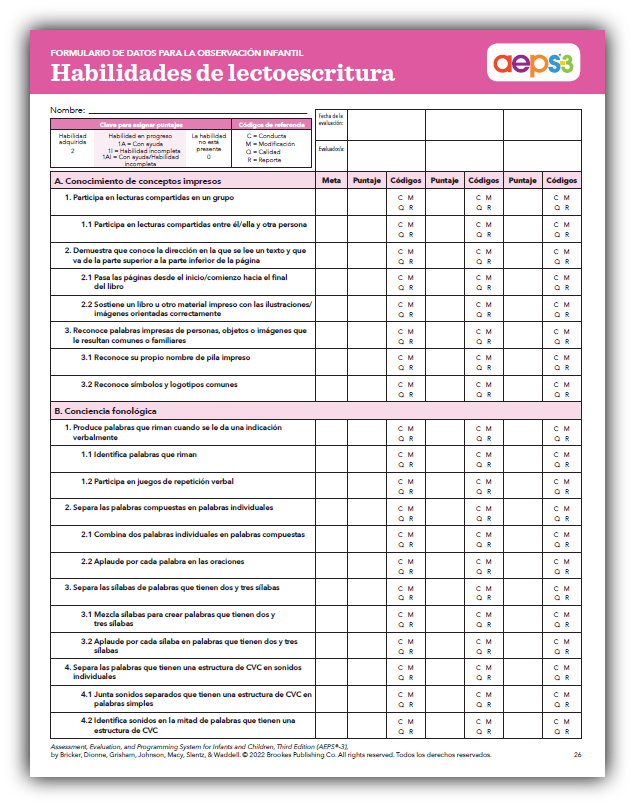
The curriculum part of AEPS-3 can be used to create developmental and learning opportunities for children’s emergent literacy skills. The AEPS-3 curriculum, shown below, has a multi-tiered framework for supporting children’s literacy skills.
Q. How can professionals use AEPS-3 to support family engagement in their child’s literacy development?
A. AEPS-3 includes two tools that encourage family engagement. First, the AEPS-3 Family Report can be used to gather open-ended information about the child and their family. Using the qualitative information gained from the Family Report, you can identify ways to create embedded learning opportunities to help strengthen the child’s early literacy skills.
The AEPS-3 Family Assessment of Child Skills (FACS) can target literacy development in the child based on the family’s perspective. The family completes the FACS and reviews results with the early childhood professional.
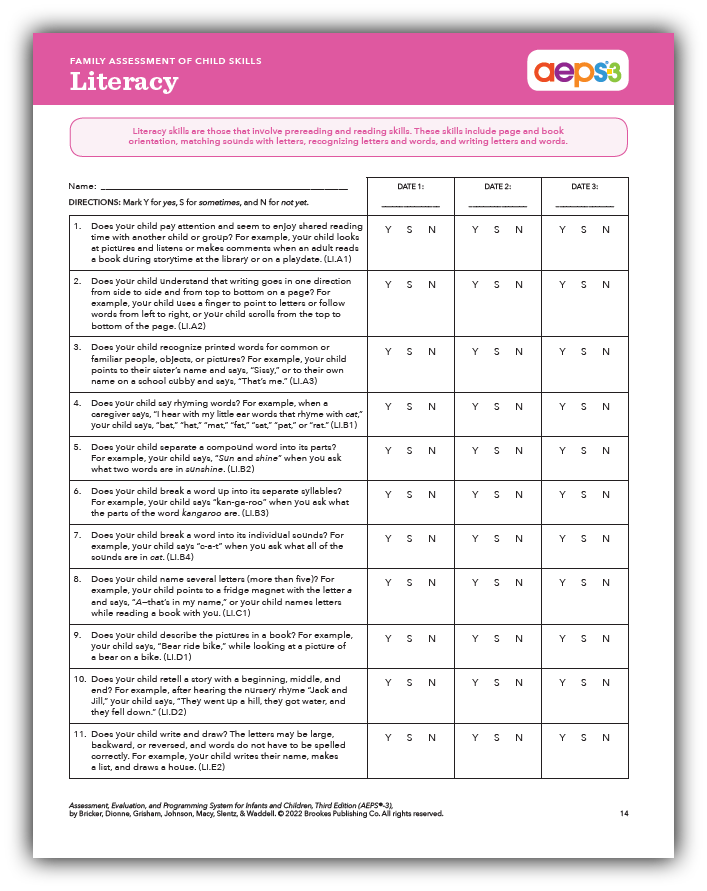
The Spanish version of the AEPS-3 FACS can be used with children and families who have multilingual abilities.
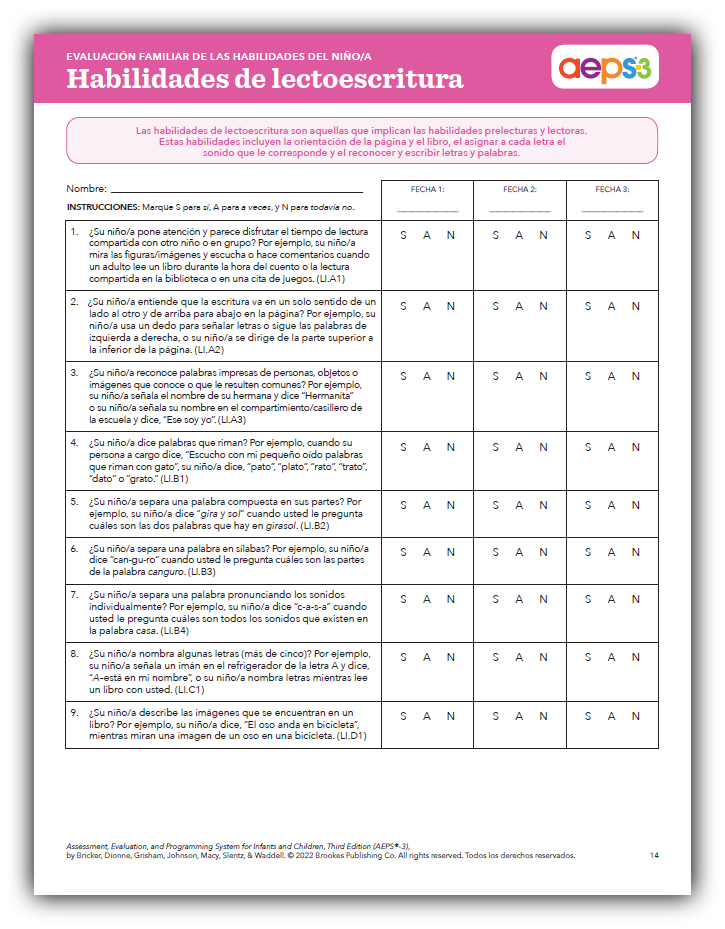
Using these tools will help you make the most of the family’s expertise and communicate to parents and other caregivers that their input is essential. Learn more about the AEPS-3 family support materials here.
Q. I am a kindergarten teacher and help my colleagues who are preschool teachers transition groups of children to primary school settings. How can we address literacy development during the transition process?
A. AEPS-3 includes strategies to facilitate successful transitions from preschool to kindergarten. The AEPS-3 Ready-Set, a brief assessment and progress monitoring measure that targets skills children need to be successful in kindergarten and first grade, includes items on literacy skills and language. (Read this article to learn more about the AEPS-3 Ready-Set.)
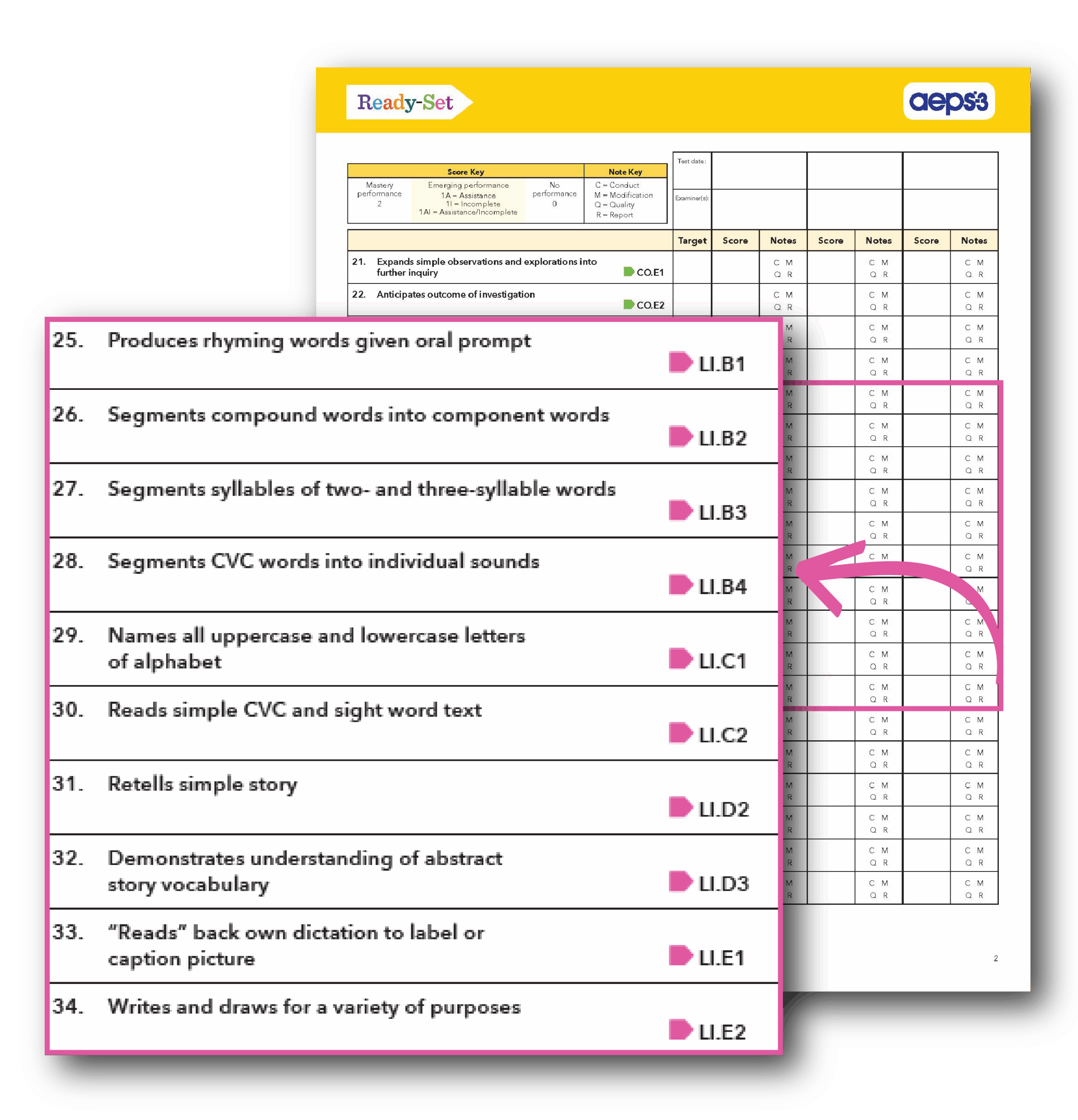
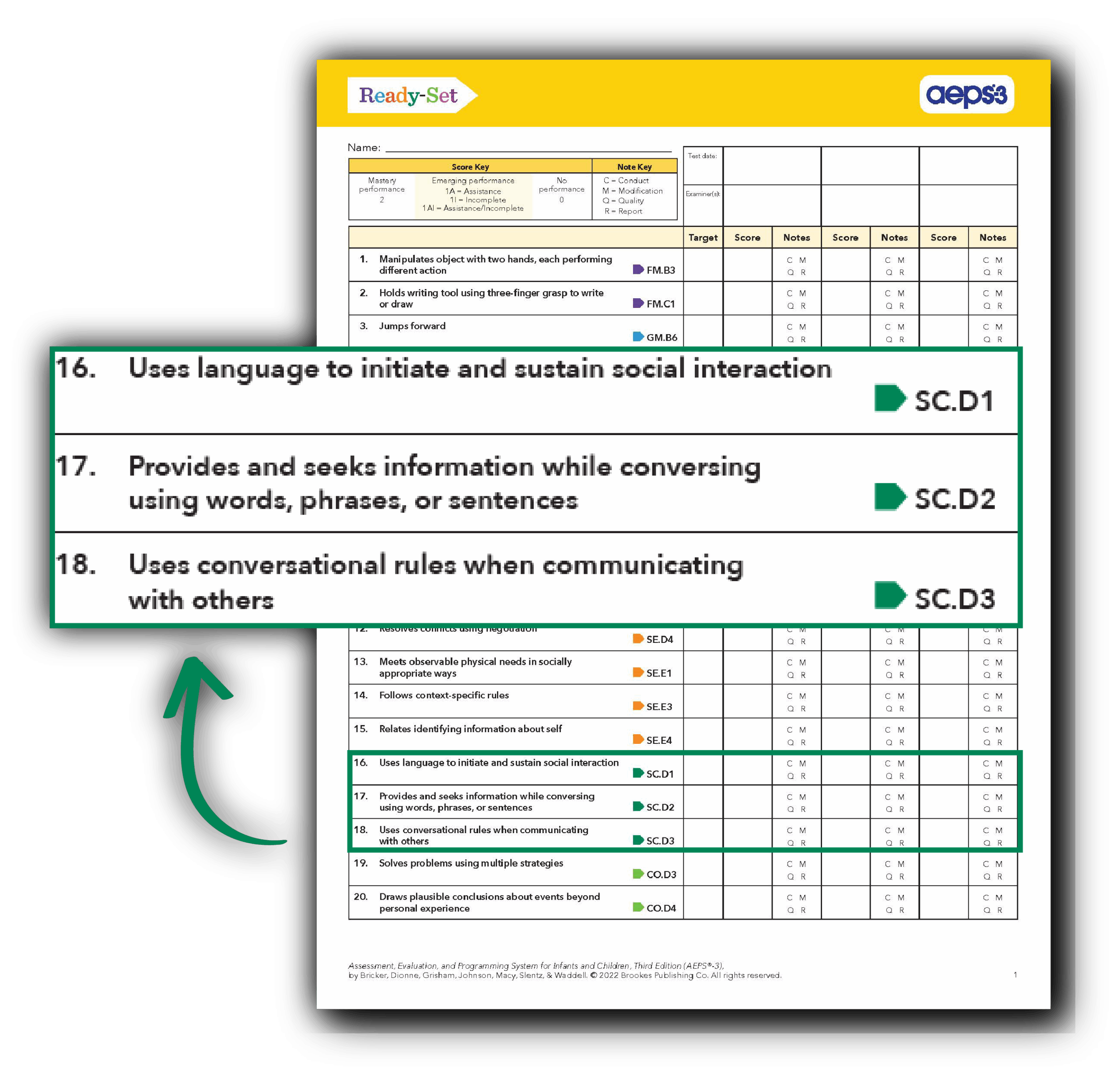
Teachers can use the AEPS-3 Ready Set FACS with family members to facilitate smooth transitions for children across settings.
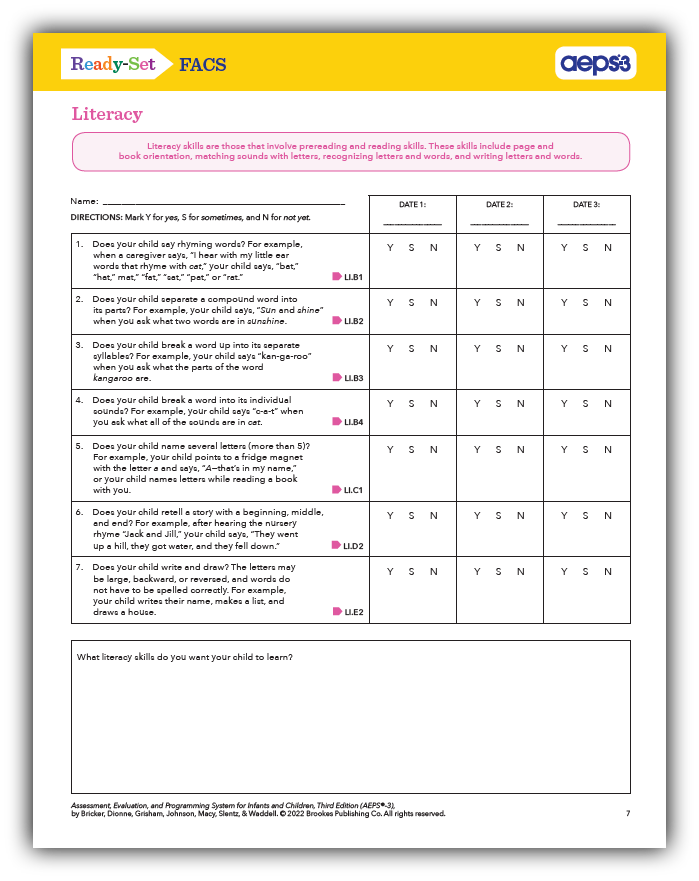
Q. Is AEPS-3 an evidence-based measure for assessing literacy development and learning in young children?
A. Yes. Research is under way on the third edition of AEPS. To learn more about the ongoing AEPS-3 research, see the Further Reading section below and visit the website for Early Intervention Management and Research Group (EMRG).
Further Reading
Burke, K., Macy, M., & Edokhamhen, E. (2025). Authentic assessment practices for supporting child development during preschool-to-kindergarten transition: A multiyear comparison of parental and teacher ratings. Early Childhood Education Journal. Published online before print on February 24, 2025. https://doi.org/10.1007/s10643-025-01884-0
Grisham, J., Waddell, M., Crawford, R. & Toland, M. (2021). Psychometric properties of Assessment, Evaluation, and Programming System – 3rd Edition. Journal of Early Intervention, 43(1), 24-37. doi:10.1177/1053815120967359
Kabashi, L., & Grisham, J. (in press). Utility of the Assessment, Evaluation, and Programming System (3rd ed) in Kosovo. Infants and Young Children.
Kabashi, L. Grisham, J. & Bahtiri, S. (2023) Content validity of Assessment, Evaluation and Programming System for Infants and Young Children (3rd ed) in Kosovo. The International Journal of Early Childhood Learning, 30(2). doi:10.18848/2327-7939/CGP/v30i02/35-51
Macy, M., Bricker, D., Dionne, C., Grisham-Brown, J., Waddell, M., Slentz, K., Johnson, J., Behm, M., & Shrestha, H. (2015). Content validity analyses of qualitative feedback on the revised Assessment, Evaluation, & Programming System for infants and children (AEPS) test. Journal of Intellectual Disability: Diagnosis and Treatment, 3(4), 177-186. https://doi.org/10.6000/2292-2598.2015.03.04.3
Macy, M., Chen, C., & Macy, R. (2019). Assessment, evaluation, and programming system for infants and children: Salient development and research factors to consider. Journal of Intellectual Disability – Diagnosis and Treatment, 7(3), 68-76. https://doi.org/10.6000/2292-2598.2019.07.03.2
Macy, M., Edokhamhen, E., & Burke, K. (2025). Transition to kindergarten for preschoolers with multilingual abilities: Do parents and professionals see eye to eye? The Dialog: A Journal for Inclusive Early Childhood Professionals, 28(1), 21-38. https://doi.org/10.55370/thedialog.v28i1.1789
Macy, M., Pool, J., Chen, C., Rusiana, T., & Sawyer, M. (2022). A preliminary examination of a kindergarten school readiness assessment. Early Childhood Education Journal, 50, 1035–1046. https://doi.org/10.1007/s10643-021-01237-7.
Macy, M., & Macy, R. (2016). Playing to win: A model using games for early literacy assessment. New Mexico Journal of Reading, 36(1), 6-11. https://aepsinteractive.com/wp-content/uploads/2022/10/AEPS-Journal-Articles.pdf
Rahn, N., Lacroiz, L., Shin, D., Gravil, M., Chen, C., Hix-Small, H., Arora, S., Grisham, J., Rutland, J., Zhen, C., Mickelson, A., Zie, H. (2024). Using an online assessment tool to teach authentic assessment to early childhood teacher candidates. Rural Special Education Quarterly, 43(3), 120-135. https://doi.org/10.1177/87568705241249472
Toland, M., Grisham, J., Waddell, M., & Crawford, R. & Deuber, D. (2022). Scale evaluation and eligibility determination of a field test version of the Assessment, Evaluation, & Programming System 3rd edition. Topics on Early Childhood Special Education, 42(2), 15-161. https://doi.org/10.1177/0271121420981712
